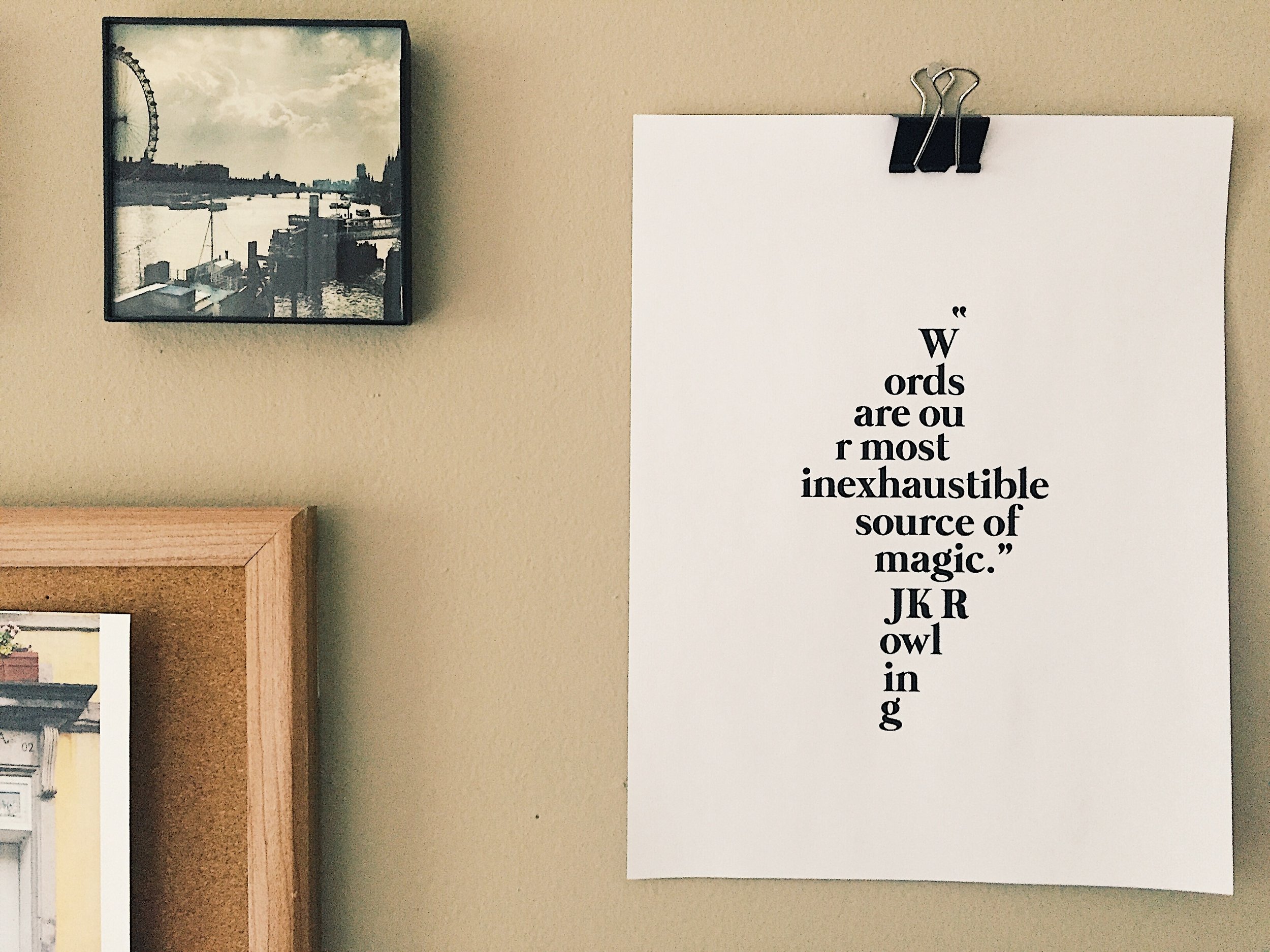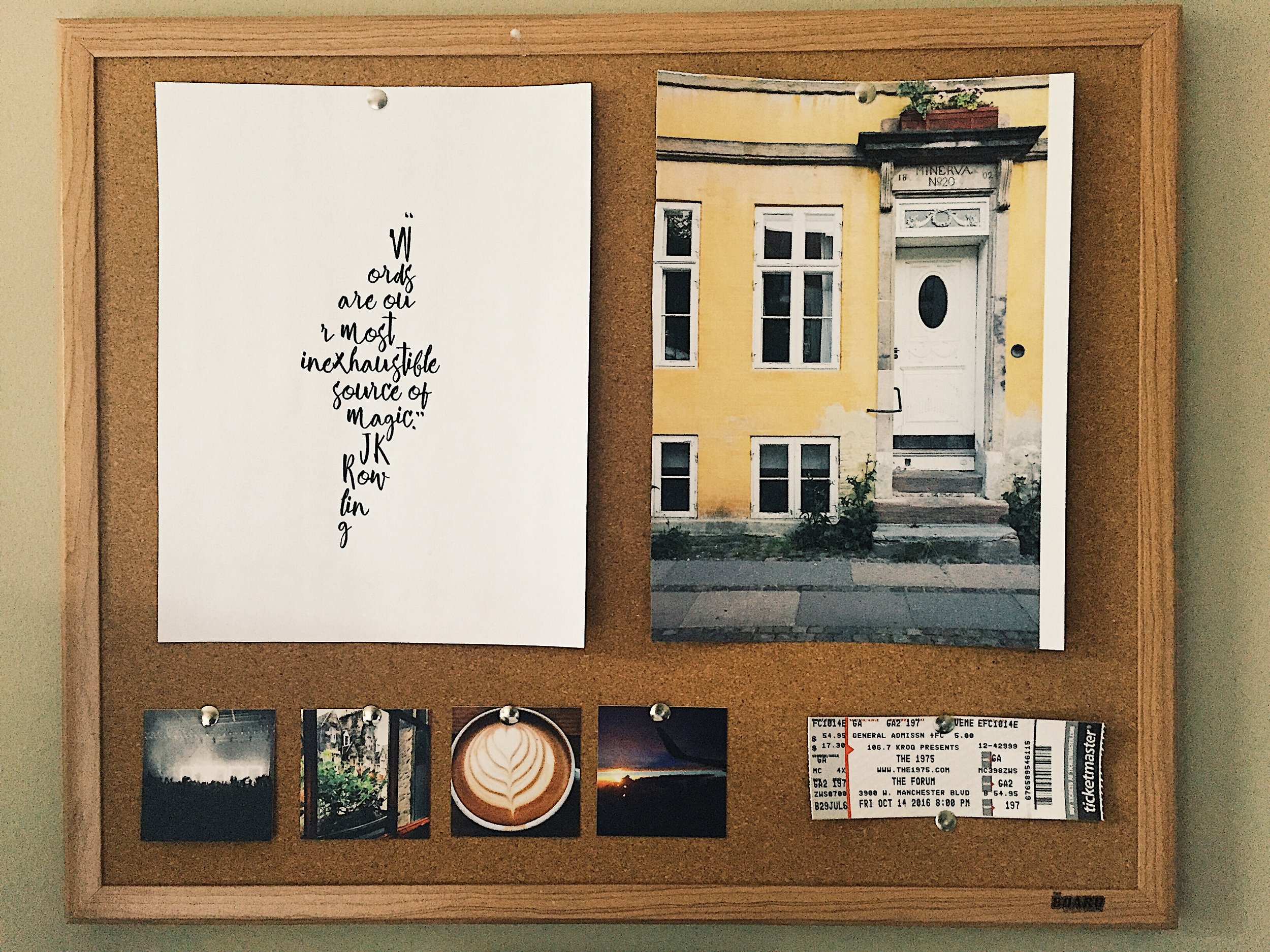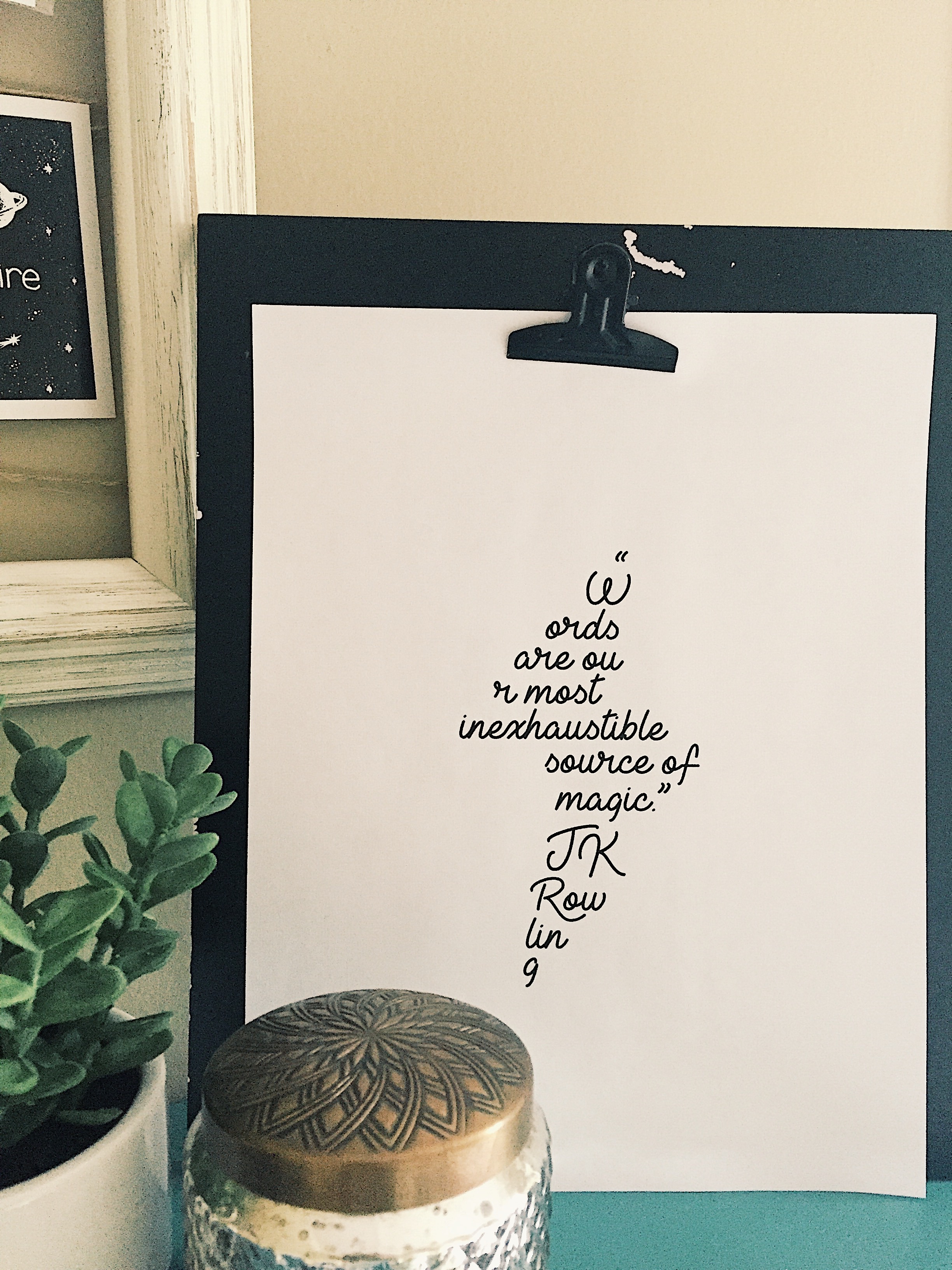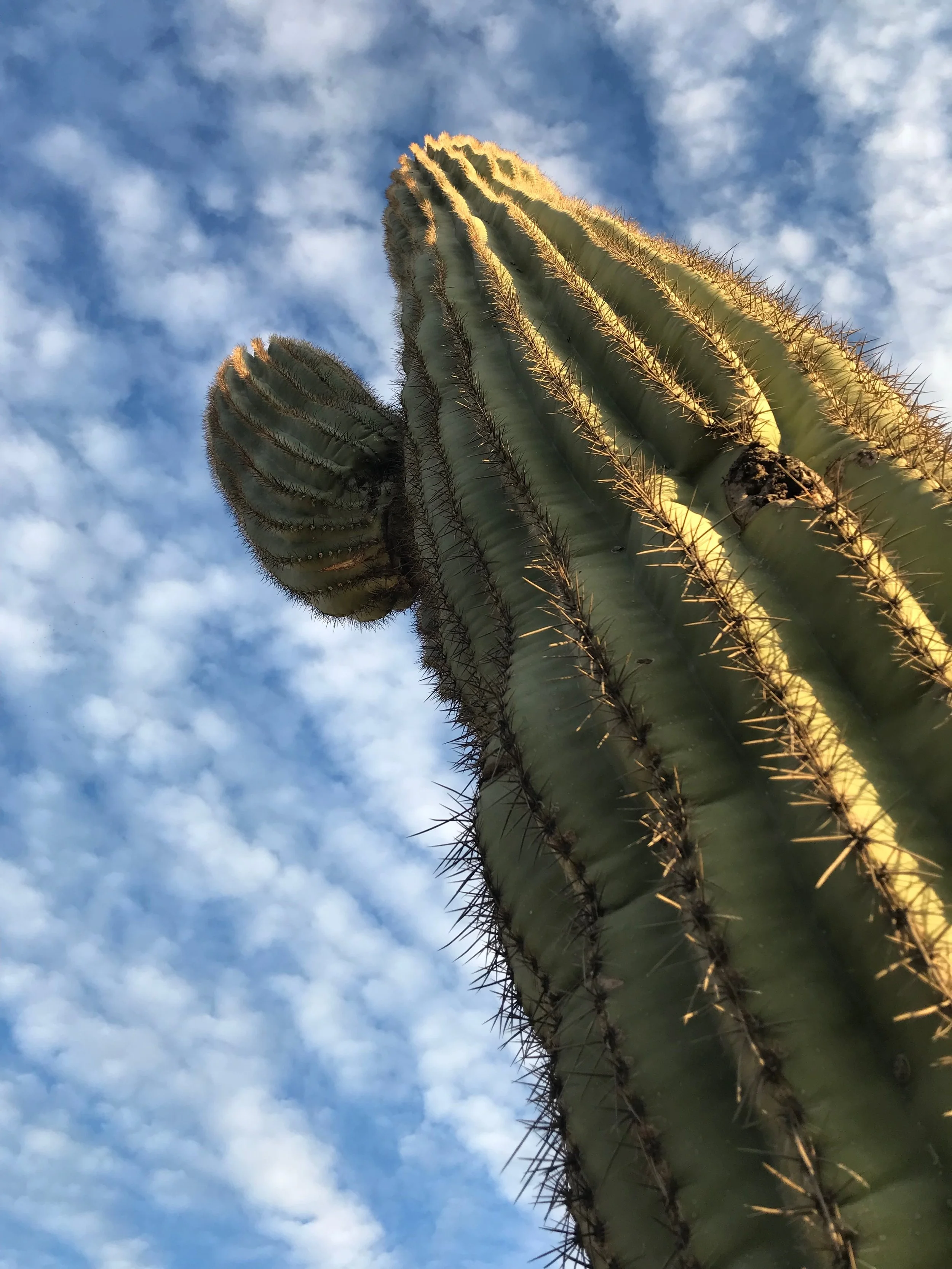What Is Hope?
It’s a grey day as I write this, warm and humid in a dispiriting sort of way, because it is October and all I want is to wear my plaid flannel and a scarf. And I’ve been thinking about seasons, and how fall has always been my favorite with the trees afire with color and the cool mornings that call for a sweater and the air that is fresh and clean.
Fall is a hopeful season, but in a somber sort of way, because there is a letting go involved—the leaves falling, the light fading, the chill in the air increasingly more unwelcoming. And when I think about hope, I realize that it too is beautiful, but in a somber sort of way, because it too requires letting go.
I don’t know all that much about hope and how exactly to define it. It’s one of those words like faith or love that you circle and circle with attempts at definition, but never quite capture its full meaning with mere words, like a dart that can never hit the bullseye. But I do know that for a long time, I didn’t have hope. There was a time in my life when hope seemed impossible—my desert period, as I like to call it. Hope seemed too heavy a weight to bear, not when my heart felt so lonely and lost.
The opposite of hope is despair—“the belief that tomorrow will be just like today.” A spiritual condition, as Brené Brown describes it. In my own desert season, I saw my future as endless sands of the same, assuming my feelings of inadequacy, loneliness, and lack of direction were now permanent guests in my life. As a new college grad, I had expected life to be a certain way, and when that vision of my life came crashing down in a mudslide of my own making, I had no hope that any of this could lead to good.
I think we're quick to define hope as expectation; we confuse the two. Because expectations are a human construct, created under the delusion that we can control the future (bad news: we can’t). And so we build up these ideas in our mind, much like the brilliant Expectations vs. Reality scene in (500) Days of Summer, and then we end up disappointed when life doesn’t meet these expectations. Broken expectations can break hearts.
Expectation damages. Hope restores.
I think hope is the the letting go of our expectations for how life should be, and rather, trusting that the season we are in is exactly where we need to be, even if it is grey and humid in October instead of the frolic-in-a-pumpkin-patch weather we’d expect.
The fact that hope requires letting go is such a drag for me, because my version of letting go is not poetic like the trees gently releasing its leaves, all golden and orange and red. No, my letting go is like trying to yank a contraband sock out of a puppy’s needle-sharp teeth. It’s a frustratingly reluctant process for me, because I like to be in control, and where’s the control in letting go of expectations that you’d much rather hang onto? There isn’t, and that’s why my control issues tend to go head to head with hope, who consistently and gently asks me to let go and simply trust.
The “simply” part of hope’s invitation seems to me a joke, because trust is not simple, not when anxiety is telling stories of how we are all doomed unless we get our shit together like, right this minute. Trust requires not letting our chaotic thoughts take center stage, and that requires a lot of self-control, and self-control requires a lot of effort, and, let’s be real, it’s a lot easier to worry and fret instead of trust. Anxiety and despair, in a twisted way, are more comfortable than hope, because hope requires this extra effort of letting go.
So maybe hope is this: watching the changing leaves fall from the trees, and though it is a death of sorts, knowing that it is still good and beautiful. Maybe hope is trusting that whatever season you may find yourself in, though it may feel like a letting go, a death of sorts, it is still good.
It is still beautiful.
FREE PRINT
Do you like free things? Us too. How about this free print of a dope Harry Potter quote in 3 font options? Enter your email below to receive your free Harry Potter print.















Hi friends,
Announcement (sounds so formal, doesn’t it?):
It's the end of an era.
I’ve decided that, after nearly 8 years of telling stories of navigating life, this season of Windrose is drawing to a close.